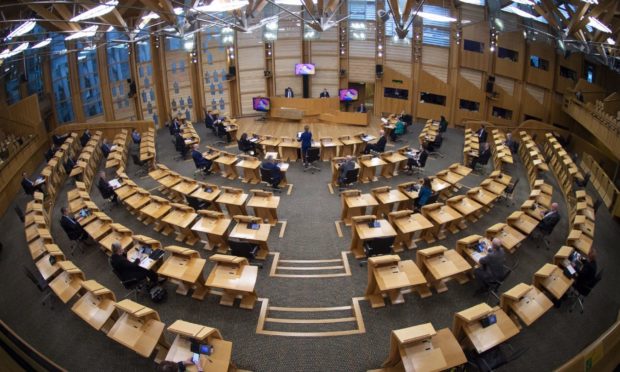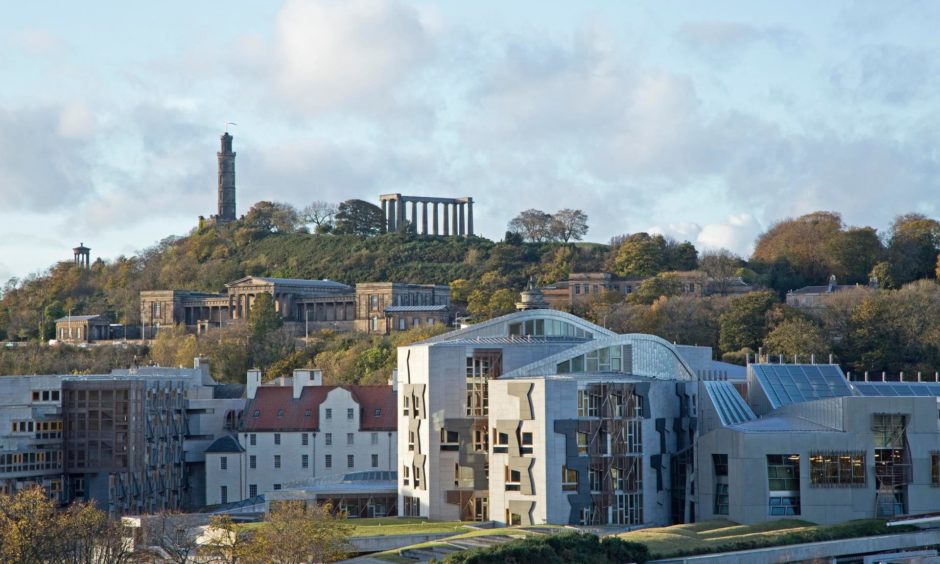Voters all over Courier country build a picture of the intriguing spread of political allegiances in the run up to the 2021 Holyrood election.
Research from pollsters Survation show how Scots are preparing to vote for parties – and in any future independence referendum.
Based on the in-depth sample studies, we look at voting intentions by age, area and household income across the region, including Dundee, Angus, Perth and Kinross, and Fife.
The insight into what Scots think comes the day after Holyrood shut down, signalling the official start of a campaign that could set the country on a journey to independence or cement our place in the union.
Research suggests the SNP are still just on course for a majority, and hints the battle for second place will come down to the wire between Labour and the Conservatives.
How do Scots split on voting intentions?
Nicola Sturgeon’s SNP have their strongest support among younger Scots, who are also more likely to vote for independence. Unionists trail, with Labour ahead of that pack until the 55s age group tilt towards Conservatives.
Conservatives remain pegged far behind the SNP in most regions, our research shows, apart from in Perth and Kinross where they appear to have stronger support.
Income background does not appear to be a big factor in party allegiance. The SNP are ahead in all brackets, but less so among more affluent Scots.
Support for the union strongest among older voters
Independence appeals to younger Scots, according to our research, but the spread leaves the likely decision hanging in the balance.
A strong majority of Scots aged 16 to 44 favour leaving the UK, with the split as high as 70% for Yes among under 34s. But it evens out in middle age and swings heavily to No among older voters.
The regional split reveals narrow margins between Yes and No. Dundee, where there was a pro-independence vote in 2014, is still in favour, along with Angus, the research shows. Fife and Perthshire indicate majority support for staying in the UK.
People on low incomes in the region lean towards independence but voters earning above £20,000 appear to support the union.
The wider research was carried out by Survation based on responses from more than 2,000 adults in Scotland between March 11 and March 18.

